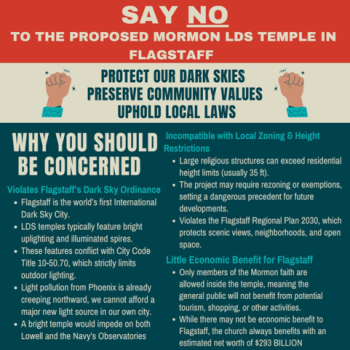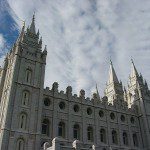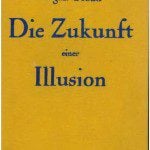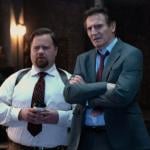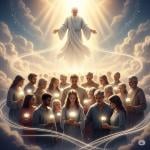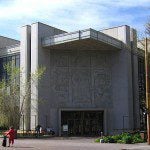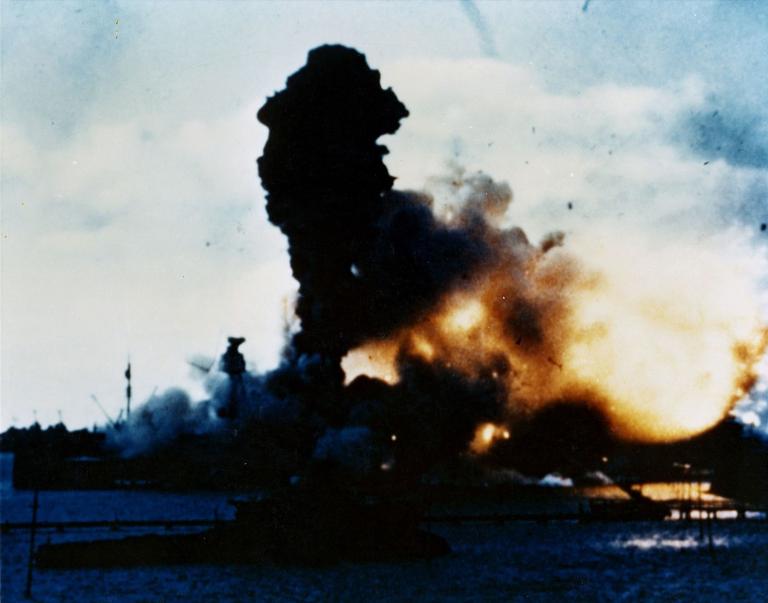
(Wikimedia Commons public domain photograph)
This afternoon, we made a pilgrimage to Pearl Harbor, and, very specifically, to the USS Arizona Memorial. It was sobering, as always. We also spent time in the exhibits there and watched a couple of films about the Japanese attack of 7 December 1941. That horrible event happened nearly eighty-five years ago, and there are, surely, few if any survivors on either the Japanese or the American side still alive today. To my shock, though, I found myself almost tearing up at some points. Almost. Cold-hearted Scandinavian though I am, I’m plainly becoming more sentimental as I age. I thought of all the young men, most of them a a few years younger than my father, who died suddenly, unexpectedly, and in many cases horribly, on that beautiful Hawaiian Sunday morning. It’s not impossible, had they been allowed to live, that I might have come to know one or two of them. I think of the children they would have had. One of them could have been a schoolmate of mine, or a friend in my neighborhood. I think of the contributions those young men might have made. Of the massive loss, the literally incalculable loss, that they represent.
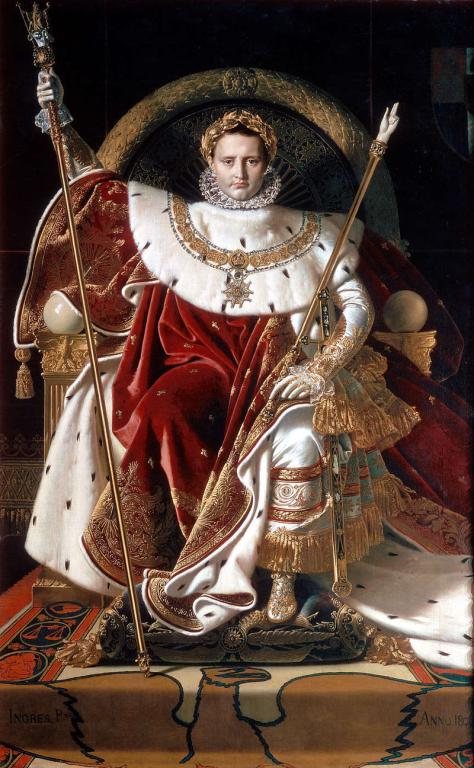
This is why, as I’ve aged, I’ve become less and less easily impressed with leaders whom we often term “the Great.” I shared a few thoughts about King Kamehameha the Great yesterday; some have responded in his defense, and I freely admit that I’ve spent very little time studying him and that perhaps some defense of him is possible. But then I think of those hundreds of defending O’ahu warriors who were forced over the cliff at the Nu‘uanu Pali by Kamehameha’s invading army.
I’m skeptical of many of these “great” men. I find it more and more difficult to admire those who, as the eighteenth-century English poet Thomas Gray put it, “wade[d] through slaughter to a throne.”
What about Napoleon, for example? Back in the early nineteenth century, the population of Europe was much smaller than it is today. But the estimates that I’ve seen suggest that between 2.5 and 3.5 million soldiers died during the Napoleonic Wars, with civilian deaths estimated to have been between 750,000 and 3 million. In other words, the death toll during the Napoleonic Wars was at least 3.25 million people and possibly as many as 6.5 million. And, again, for what, exactly? Did Napoleon need a larger bed? Did his murderous conquests enable him to consume more food than he already did? To wear more shirts? Did almost seven million people need to die so that he could have a nicer home? Did he improve the lives of those whom he conquered? Not discernibly. And yet I know that he is venerated by many French people. Does he deserve such veneration?
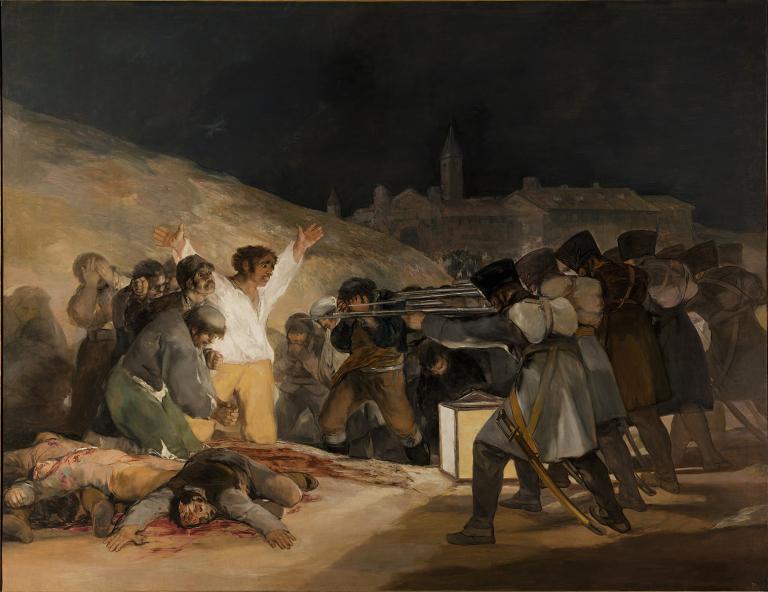
I’ve come to think much more highly, instead, of such rulers as the genuinely great Mauryan emperor Ashoka of India — great, certainly, in the later period of his life, after his much more conventional beginning as a bloody conqueror — about whom I wrote for the Deseret News back in 2012. I admire Anwar Sadat of Egypt, who finally decided, after decades of destructive wars between the Arabs and Israel, to try to put an end to the fruitless violence and bloodshed. His dramatic visit to Jerusalem and his involvement in the Camp David Accords ultimately cost him his life. My wife and I were living in Cairo at the time, and we will never forget the horrible and sorrowful day of President Sadat’s assassination. Blessed be his memory.
And true greatness can easily be found among non-rulers. Take Maximilian Kolbe, for instance. Nicholas Winton. The villagers of
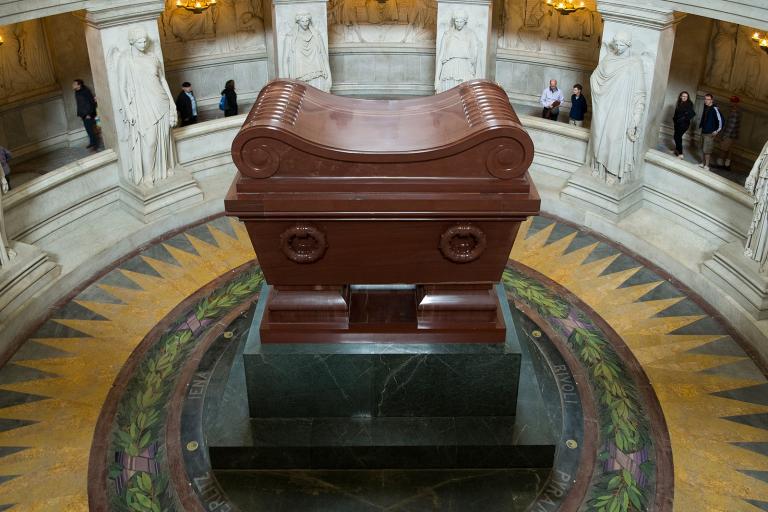
And yet . . . And yet . . . I want to come back to the idea of the historical “great man” — a topic that suggests itself to me perhaps only by reason of its verbal similarity to what I’ve been considering in the cases of King Kamehameha the Great, the Emperor Napoleon, and others of their class.
There has been a justified rejection in modern academic historiography of “the great man theory of history,” in which (in former generations, at least), history was seen almost as a derivative of ruler biographies. Such an approach had obviously been a huge oversimplification. The Augustan age was never even remotely reducible to Augustus, nor Periclean Athens to Pericles, nor the Elizabethan Age to Queen Elizabeth, nor Victorian England to Victoria. Fernand Braudel and other twentieth-century historians — I myself was profoundly influenced in my own professional studies of Islam by Marshall G. S. Hodgson — taught us to pay much more attention to the role of large-scale socioeconomic factors in the making and writing of history. The use of the stirrup, the adoption of gunpowder, the invention of the printing press and moveable type, the harnessing of steam power and the building of railroads — such developments have been far more consequential for history overall than the character and whims of the mostly forgettable and often rather small individuals who happen to have occupied this or that throne at any given moment.
But we mustn’t overcorrect. History isn’t a matter solely of vast, impersonal, almost subterranean forces any more than it is a blank canvas for vivid personalities. Strong individuals also have their effects, and often to profound effect.
Sadly, Adolf Hitler offers an example of the power of a particular unique personality to affect historical developments. If der Führer hadn’t existed, could Ernst Röhm, Hermann Göring, Martin Bormann, Heinrich Himmler, Julius Streicher, or even Joseph Goebbels have led the Nationalsozialistische Deutsche Arbeiterpartei to the epoch-making lethal heights that it unfortunately reached? During the Third Reich, German military personnel, including officers and soldiers, swore an oath of allegiance directly to Adolf Hitler, known as the “Hitler Oath” or the “Führer Oath,” promising unconditional obedience to him, not to Germany, and a readiness to risk their lives for him.
I found myself thinking of such matters today at Pearl Harbor. There were powerful economic and political factors pushing America and Japan toward war. But the Japanese admiral Isoroku Yamamoto, who planned the 7 December attack, actually opposed war with the United States. Having studied at Harvard and having been attached for a time to the Japanese embassy in Washington DC, he believed that Japan could not prevail in a prolonged military conflict with America. “I fear,” he is reported to have said after the Pearl Harbor attack, “all we have done is to awaken a sleeping giant and fill him with a terrible resolve.” Had Admiral Yamamoto’s counsel against war with America been followed, history would, I think, very clearly have turned out differently than it did.
And what if Neville Chamberlain had still been prime minister, or what if the accommodationist Lord Halifax had succeeded him in that office, during that “darkest hour” when the British Expeditionary Force seemed doomed to imminent destruction on the beaches near Dunkirk in May 1940? What if that role had not fallen, instead, to Winston Churchill, with his strikingly quasi-religious confidence that destiny had raised him up for the fight against Hitler and the Nazis?
Many more examples might be adduced. An obvious one is George Washington, with his mysterious invincibility — and consciousness of invincibility — during the Revolutionary War. He wasn’t the most profound thinker among the American Founders, nor the greatest orator. But could Ben Franklin or Thomas Jefferson or John Adams or Aaron Burr have replaced him? None of them thought so. There is a reason that James Thomas Flexner named his famous 1994 book Washington: The Indispensable Man.
Without taking any position pro or con, I think that a plainly apparent current example of what I have in mind is President Donald Trump. Would the MAGA movement exist in anything like its current form or with its current power in the absence of Mr. Trump? It seems to me obvious that it has coalesced around his personality much more than around a clear and coherent set of political, economic, or philosophical principles existing in the abstract apart from him, and that neither Steve Bannon, Kari Lake, George Santos, Elon Musk, Lauren Boebert, Rudy Giuliani, Tulsi Gabbard, Elise Stefanik, Robert F. Kennedy Jr., Marjorie Taylor Greene, nor Matt Gaetz could have brought the MAGA movement to the commanding heights that it now occupies.
Posted from Honolulu, Oʻahu, Hawai’i




